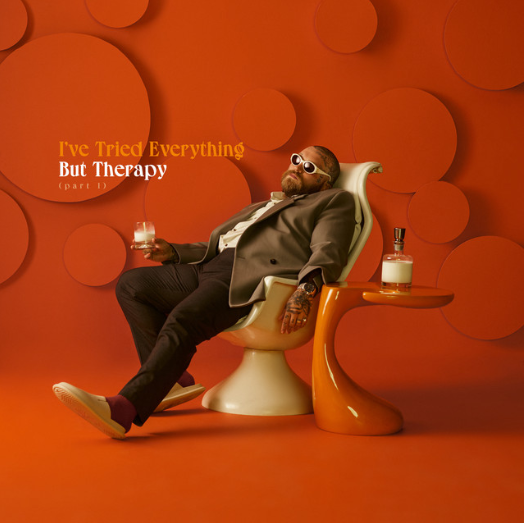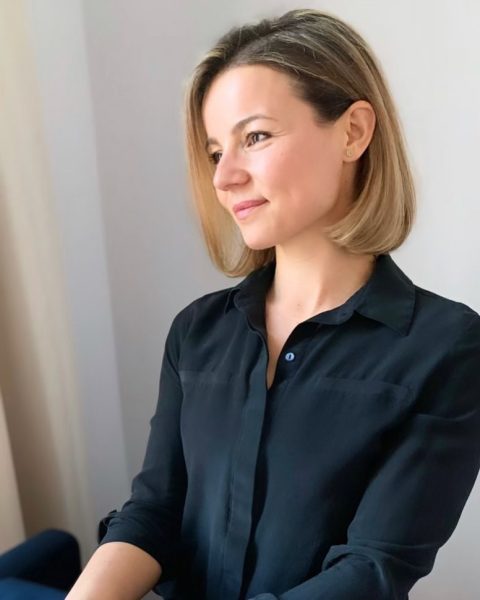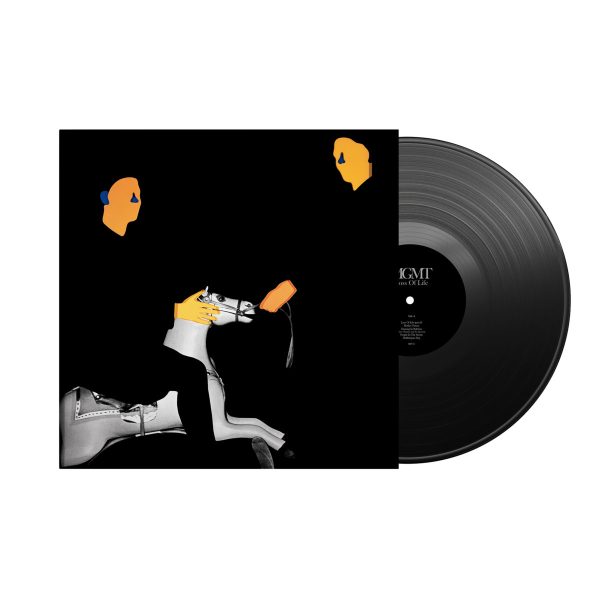A Conversation with Sean Anders
It’s always interesting to see how willing people are to adopt a cat or a dog, but how hesitant they become when they consider adopting a person.
Kids are inarguably more expensive and require more emotional labor than animals, but they are certainly no less deserving of love and care. Although a number of movies depict adoption from the perspective of tragedy and drama (Lorraine Levy’s critically acclaimed “The Other Son” is the first to come to mind), director Sean Anders’ new motion picture, “Instant Family,” starring Rose Byrne, Mark Wahlberg and Octavia Spencer attempts to tackle some of the biases against adoption through the lens of comedy. In Anders’ own words, “Every adoption story begins with some level of tragedy, but once there are kids in your house, it’s the weirdest experience because when you have kids come into your home and they’re already walking and talking, you don’t love them yet and they don’t love you [and] it just creates so many awkward, chaotic, difficult, frustrating situations. Not all of those situations are supposed to be funny, obviously, but a lot of them are.”
“Instant Family” is inspired by Anders’ own experience with adoption. In one specific scene, Pete (Mark Wahlberg) and Ellie (Rose Byrne) attend an adoption fair.
When asked to describe how the scene related to his own life, Anders stated that he and his wife “went to one of those adoption fairs and it’s the most bizarre thing. We had no intention of meeting a teenager—we were scared of that. When we got there, several teenagers were by themselves [like in the movie] and we wound up meeting a teen girl just like in [“Instant Family”]. I barely felt ready to have kids at all but to suddenly have a teenager in my house was a scary prospect.” Anders channels his own trepidation through his writing of Pete’s character, who appears equally overwhelmed by the idea of adopting a teenager with two younger siblings.
When asked what it felt like to be played by Mark Wahlberg, Anders’ response was, “To be clear, he isn’t playing me. The movie is a fictional tale inspired by my own story, but also inspired by a lot of other families hat I met along the way.” Those other families refer to a range of individuals Anders interviewed for the film, and most specifically to a young woman named Mariade Green, whose personal experience with foster care helped preserve the genuine nature and honesty of the film. Green was adopted at the age of 13, just two years younger than the film’s spunky teen Lizzy (Isabela Moner). From his research to his cast, Anders emphasizes the importance of including people affected by adoption in his film.
For example, in the adoption fair scene, all the families and kids in the background are real adoptive families. When Mark Wahlberg was looking at pictures of kids on the internet, all of those kids were real kids who had been adopted, including my own kids.
— Anders
Considering Anders’ previous works include “Daddy’s Home,” “She’s Out of My League” and “Hot Tub Time Machine,” it should come as no surprise that he took the comedy angle with “Instant Family.” Although his previous films have fallen in the R-rated category, Anders insists that, “We always wanted it to be a movie people could take their kids to. First of all, we wanted kids who had been adopted or in foster care to see the movie, but we also wanted other kids they go to school with to be able to watch the movie. It’s such a big part of the movie to increase people’s understanding of who these kids are, why they’re there, and that they’re not there through any fault of their own.” Anders’ “Instant Family” hits theaters on Nov. 16, also known as prime sitting-around-stuffing-ourselves-silly-and-watching-family-movies time.
Your donation will support the student journalists of Saint Louis University. Your contribution will help us cover our annual website hosting costs.











James Sykes • Feb 26, 2019 at 6:30 pm
If Dr. Nassim Banisaeed thinks dogs are gross, how do you expect to get her to get some youngins?
and teenagers!?